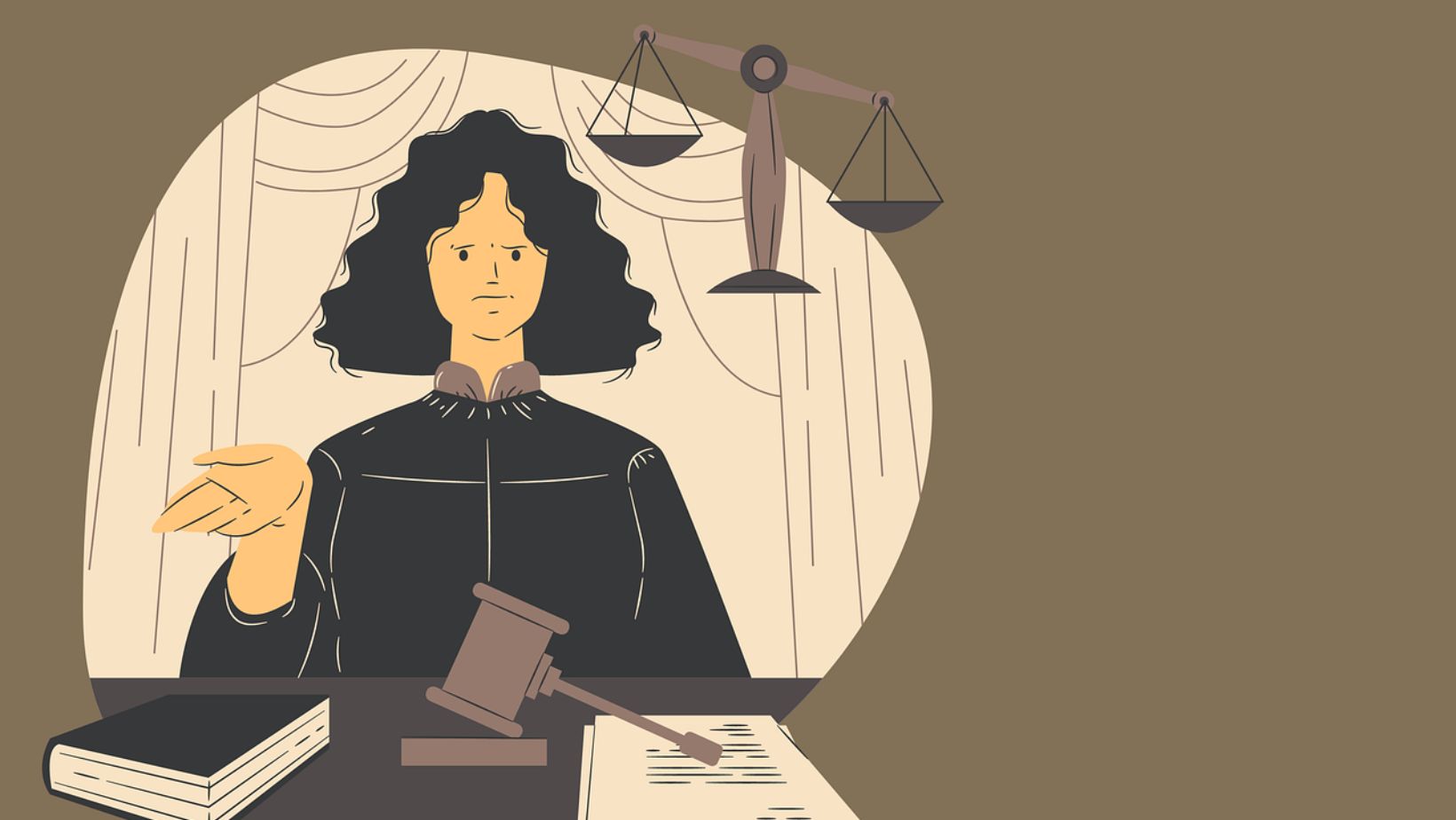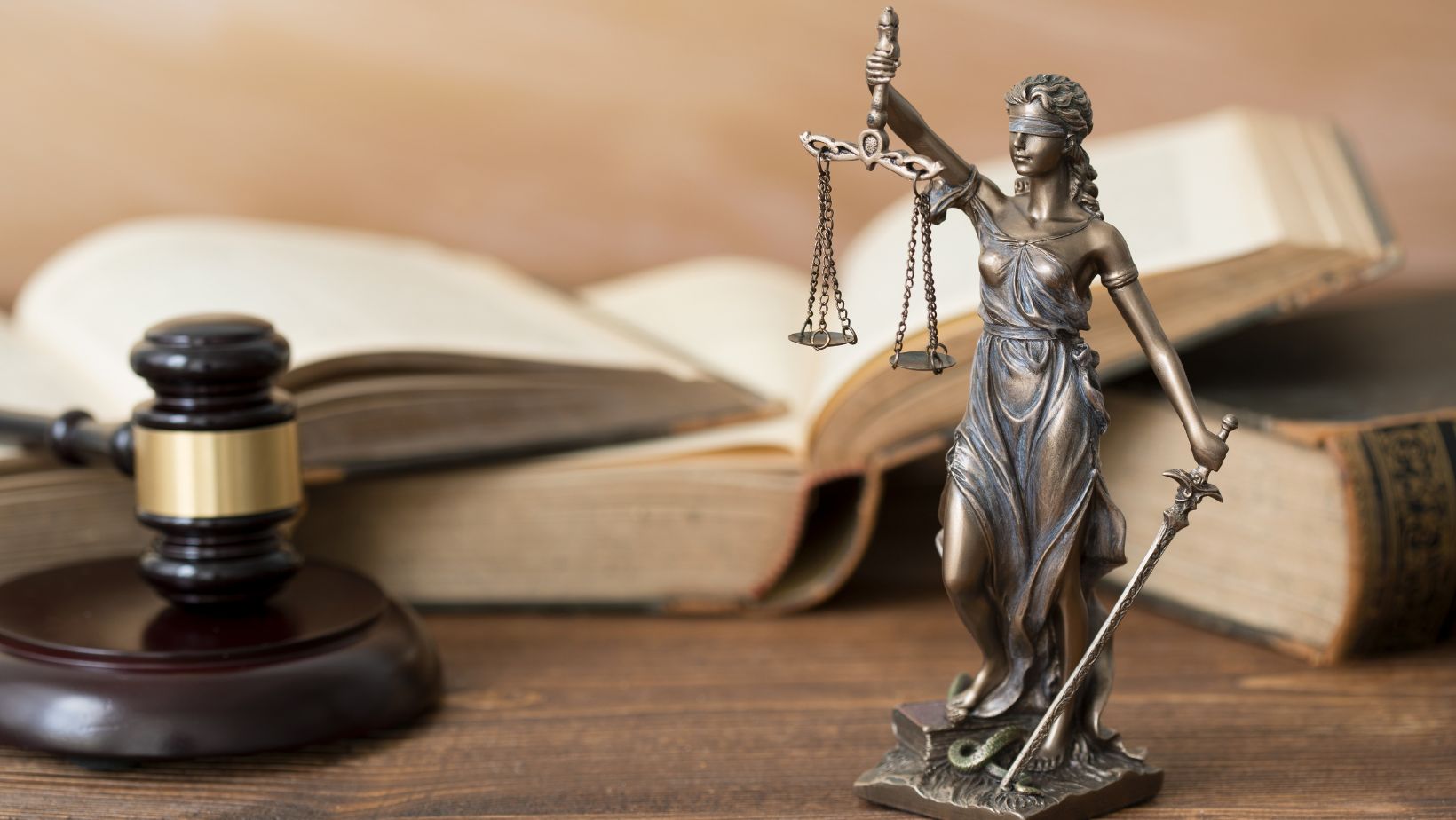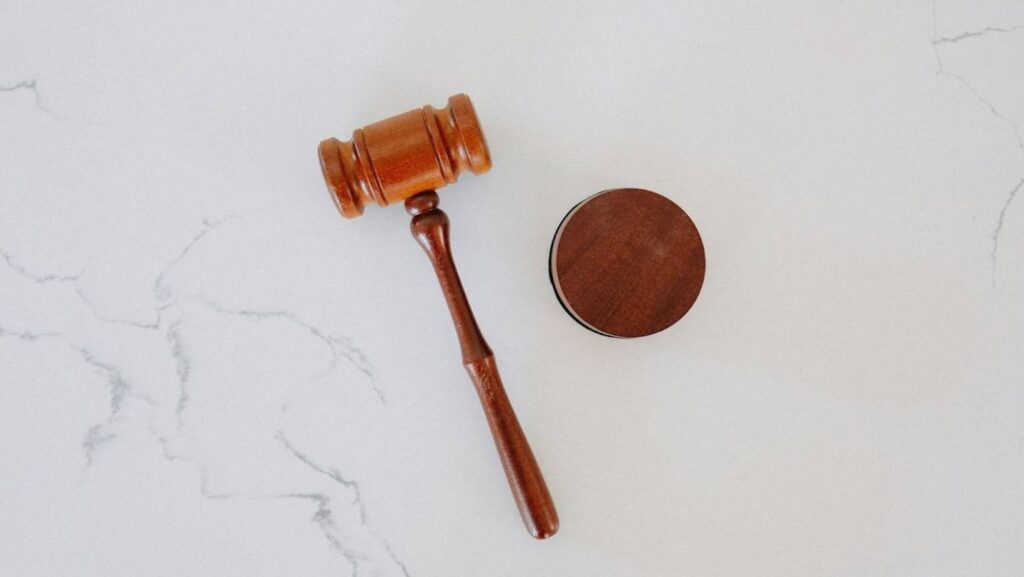Facing criminal charges can be a life-altering experience, filled with uncertainty and stress. The legal process can be overwhelming, especially if it’s your first encounter with the criminal justice system. Being informed about the content of the charges against you and knowing the steps to take when charged with a crime can help you navigate the situation more effectively. From understanding your rights to seeking legal representation, each decision you make is crucial in ensuring the best possible outcome.
Understand the Charges Against You
The first step in your legal defense is to understand the exact charges that have been brought against you. Criminal charges range from misdemeanors to felonies, and the severity of the charges will directly impact the penalties you could face. Misdemeanors are typically less serious and may result in fines, probation, or short-term jail sentences, while felonies carry much heavier penalties, including long-term imprisonment.
It’s essential to carefully read through any documents provided by law enforcement or the court to know what you’re up against. A clear understanding of your charges will allow you and your attorney to build a solid defense. This is also the time to note whether there are any deadlines, such as when you must appear in court or file certain motions.
Seek Legal Representation
One of the most critical steps you should take when facing criminal charges is hiring an experienced attorney. A qualified lawyer will not only explain the legal jargon but also develop a defense strategy that suits your situation. This is especially important because navigating the criminal justice system on your own can lead to costly mistakes. If you are facing serious charges, such as a felony, seeking specialized legal counsel, like a Denver criminal lawyer, can make a significant difference in the outcome of your case. These attorneys are well-versed in local laws and court procedures, giving you a better chance to challenge the evidence or negotiate a more favorable plea deal. Remember, not all lawyers have the same level of expertise, so choose one with a proven track record in criminal defense.
Exercise Your Right to Remain Silent
When you are arrested or charged with a crime, you will likely be questioned by law enforcement officers. It’s essential to exercise your right to remain silent until you have a lawyer present. Anything you say can and will be used against you in court, so even seemingly innocent comments could harm your defense.
Many people feel compelled to explain themselves or clarify details to the police, believing that doing so will help their case. However, law enforcement is trained to gather evidence, and any statement you make can be twisted or taken out of context. Politely decline to answer questions and wait for your attorney before engaging in any further conversation with the authorities.
Gather Evidence and Witnesses
A robust defense often relies on gathering evidence that contradicts the prosecution’s claims. This could include physical evidence, like surveillance footage or text message records, as well as witness statements. Depending on the specifics of your case, you may need expert witnesses, such as forensic specialists, to testify on your behalf.

Your attorney will guide you through the evidence collection process and identify any weaknesses in the prosecution’s case. For instance, if there are inconsistencies in witness testimonies or if the police did not follow proper procedures during your arrest, these could become key aspects of your defense. Keep in mind that building a strong case takes time, so the sooner you start collecting evidence, the better.
Understand the Plea Bargain Option
In many criminal cases, the prosecution may offer a plea bargain—a deal where you plead guilty to a lesser charge in exchange for a more lenient sentence. Plea bargains are common in the criminal justice system because they save time and resources for both parties. However, accepting a plea deal is not always in your best interest.
Before agreeing to any plea bargain, it’s essential to consult with your attorney to weigh the pros and cons. While a plea deal might reduce your sentence, it still results in a criminal conviction, which can have long-term consequences on your employment, housing, and personal life. Make sure you fully understand the terms of the offer before making a decision.
Prepare for Court Appearances
If your case goes to trial, attending all scheduled court appearances is crucial. Missing a court date can result in severe penalties, including additional charges or a bench warrant for your arrest. Your attorney will help you prepare for these appearances by explaining courtroom procedures and advising you on what to expect.
Dressing appropriately and behaving respectfully in court can also make a significant impact on how the judge and jury perceive you. During the trial, your attorney will present your defense, challenge the prosecution’s evidence, and cross-examine witnesses. Whether or not you take the stand yourself will depend on the strategy your legal team believes is best for your case.
Know Your Rights to Appeal
If you are convicted of a crime, it doesn’t necessarily mean your case is over. You have the right to appeal the verdict if you believe there was a legal error during the trial. Grounds for appeal can include improper jury instructions, evidence that was wrongly admitted or excluded, or procedural mistakes made by the judge or prosecution.
Appealing a criminal conviction can be a complex and lengthy process, so it’s essential to have an experienced attorney who specializes in appeals to guide you. Keep in mind that an appeal is not a retrial; instead, it focuses on whether the law was applied correctly in your case. If successful, an appeal could result in a new trial, a reduced sentence, or even a dismissal of the charges.

The criminal justice system can be intimidating, but taking these steps—understanding the charges, seeking legal counsel, and exercising your rights—can help you build a strong defense. Working closely with an experienced attorney ensures that you have a fighting chance to protect your future. By being proactive and informed, you can reduce the uncertainty and stress that often accompany criminal charges. Every decision you make during this process can significantly impact the outcome, so it’s crucial to proceed carefully and with expert guidance.



